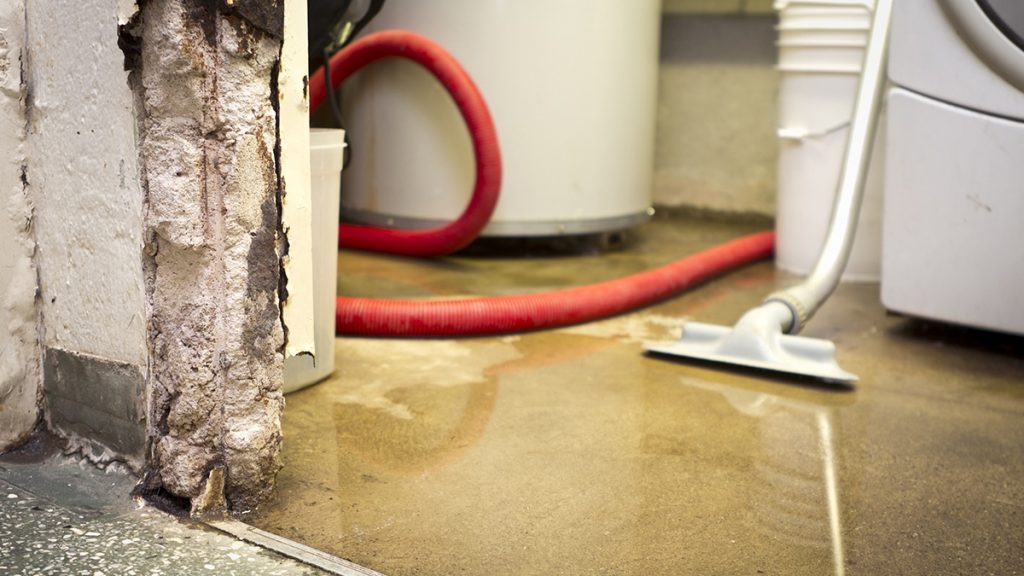Each person will have their unique assumption involving Flushing Food Down the Toilet?.

Introduction
Many individuals are typically faced with the issue of what to do with food waste, particularly when it comes to leftovers or scraps. One typical inquiry that arises is whether it's fine to purge food down the bathroom. In this post, we'll delve into the reasons why people may take into consideration flushing food, the consequences of doing so, and different techniques for appropriate disposal.
Reasons that people might consider flushing food
Lack of understanding
Some individuals may not be aware of the possible damage triggered by purging food down the commode. They may incorrectly think that it's a safe method.
Convenience
Purging food down the toilet may appear like a quick and easy option to disposing of unwanted scraps, specifically when there's no close-by trash can offered.
Idleness
In some cases, people may merely choose to flush food out of large negligence, without considering the repercussions of their actions.
Effects of flushing food down the commode
Ecological effect
Food waste that winds up in rivers can contribute to air pollution and harm aquatic ecological communities. Additionally, the water made use of to purge food can stress water resources.
Plumbing issues
Purging food can cause blocked pipes and drains, causing costly plumbing repair work and hassles.
Types of food that need to not be purged
Fibrous foods
Foods with fibrous textures such as celery or corn husks can obtain tangled in pipelines and cause obstructions.
Starchy foods
Starchy foods like pasta and rice can soak up water and swell, resulting in obstructions in pipes.
Oils and fats
Greasy foods like bacon or cooking oils need to never ever be flushed down the commode as they can strengthen and trigger blockages.
Proper disposal methods for food waste
Using a waste disposal unit
For homes geared up with garbage disposals, food scraps can be ground up and purged with the plumbing system. Nonetheless, not all foods are suitable for disposal in this fashion.
Recycling
Particular food product packaging products can be recycled, reducing waste and lessening environmental impact.
Composting
Composting is an environmentally friendly method to take care of food waste. Organic materials can be composted and made use of to enhance dirt for gardening.
The value of correct waste administration
Reducing ecological harm
Appropriate waste management practices, such as composting and recycling, aid lessen air pollution and maintain natural deposits for future generations.
Securing plumbing systems
By staying clear of the practice of flushing food down the bathroom, homeowners can protect against pricey pipes repair work and keep the honesty of their plumbing systems.
Final thought
To conclude, while it may be alluring to flush food down the commode for convenience, it's important to comprehend the prospective effects of this activity. By adopting correct waste administration practices and taking care of food waste sensibly, people can add to healthier plumbing systems and a cleaner setting for all.
THINK TWICE BEFORE FLUSHING FOOD DOWN YOUR TOILET IN FALLBROOK CA
Let’s be honest, we’re really supposed to be tossing rotten or leftover food in the compost bin or trash can. But many people like to place scraps of food down the drain of, say, their kitchen sink. That’s why the garbage disposal was invented: so we can continue to place certain foods down the drain without clogging our drain in the process. Smart.
But not all of us have the luxury of having a garbage disposal installed. So, you might continue to shove food down your sink drain anyway – or worse: you might flush them down your toilet! If you’re guilty of doing the latter, you’re going to want to stop, and here’s why:
Toilet Drains Aren’t Designed to Handle Food!
There’s your answer: food just doesn’t belong in your toilet. It may seem like your toilet drain is wider than the drains of your sinks, but truth be told, that isn’t actually the case. The narrower pipes of your toilet leave your plumbing at risk for clogging if you do happen to flush your food. In addition, food doesn’t break down as quickly that toilet paper and human waste do. In turn, this leaves your toilet at risk for a nasty clog.
Although a flush of a tiny pinch of food every now and then isn’t going to completely damage your toilet, there are certain foods that should absolutely not be flushed in your toilet at all. These include starchy foods like mashed potatoes, grains, hard pieces of food that are slow to break down, and fats and oils.
The latter categories of food are particularly problematic as they may harden, expand as they absorb water, break down slowly in your system, or generally create the perfect obstruction with their gelatinous composition. These are all things you don’t want in your plumbing system!
Experiencing a Toilet Clog?
Nobody’s perfect, and we all make mistakes. Sometimes one of the mistakes people make is flushing food down their toilet and later realizing that it wasn’t the best thing to do once they see that their toilet is now clogged. Uh-oh!

I discovered that post on Think Twice Before Flushing Food Down Your Toilet while looking around the web. Are you aware of another person who is involved in the topic? Why not share it. Bless you for being here. Come back soon.
View Website



